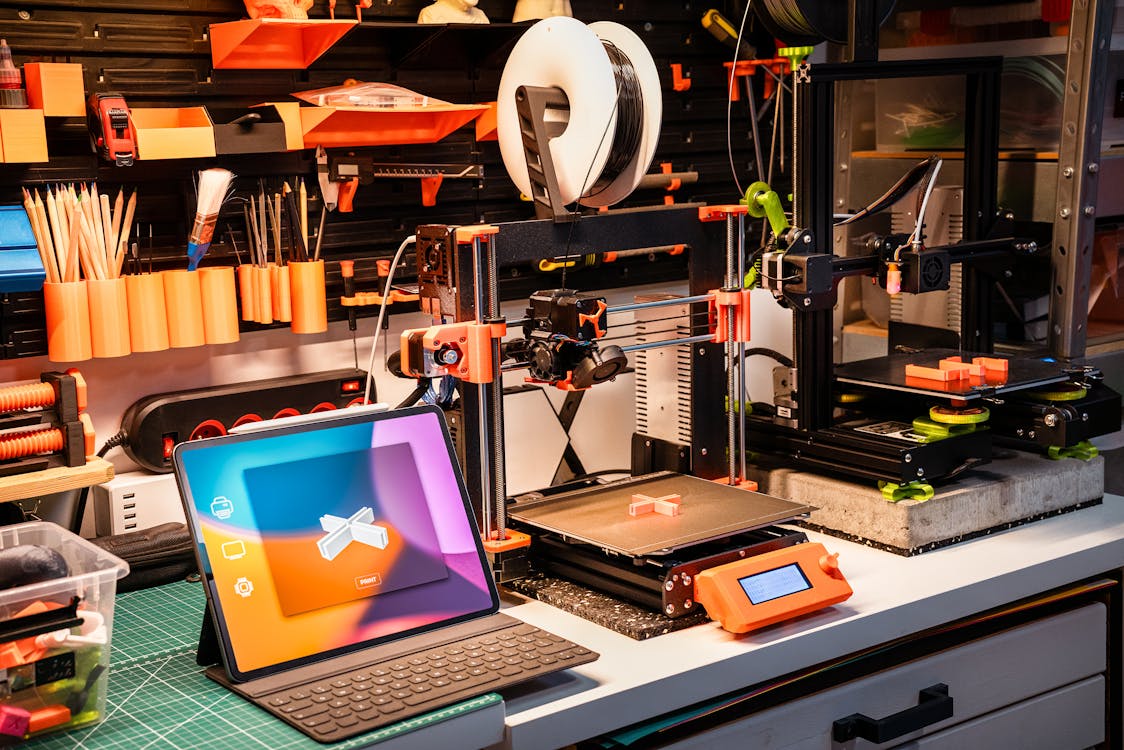Online Robotics for Teens: An Introduction to the Exciting World of Robotics
Introduction
In recent years, robotics has become an increasingly popular field of study, and for good reason. Robotics is a dynamic and exciting field that combines aspects of computer science, engineering, and mathematics to create machines that can perform a wide range of tasks. With the rise of online education, it has become easier than ever for teenagers to learn about robotics from the comfort of their own homes. In this article, we will provide an introduction to online robotics courses for teens, including the benefits of studying robotics, the types of courses available, and the skills that students can gain from taking these courses.
The Benefits of Studying Robotics
Studying robotics can provide a wide range of benefits to teenagers. For one, it can help them develop critical thinking and problem-solving skills that will be valuable in any future career. Additionally, studying robotics can help teenagers develop an understanding of programming and engineering, two fields that are in high demand in today’s job market. Furthermore, studying robotics can be a lot of fun, as it allows students to design and build their own machines.
Types of Online Robotics Courses Available
There are many types of online robotics courses available for teenagers, ranging from beginner-level courses to more advanced courses that focus on specific aspects of robotics. Some courses may focus on the basics of robotics, including the components of robots and the principles of programming. Other courses may focus on specific types of robots, such as drones or humanoid robots. Still, others may focus on specific applications of robotics, such as robotics in healthcare or in manufacturing.
Skills That Students Can Gain from Taking Online Robotics Courses
Online robotics courses can help students develop a wide range of skills. For one, they can develop their programming skills, including learning programming languages such as Python or C++. online robotics for teens, they can develop their engineering skills, including designing and building machines. They can also develop their critical thinking and problem-solving skills by working through robotics challenges and puzzles.
The Importance of Hands-On Experience
While online courses can provide an excellent introduction to robotics, hands-on experience is also important. Many online robotics courses include hands-on projects and assignments that allow students to put their skills into practice. Additionally, many online robotics courses offer virtual simulations or kits that allow students to build and program their own robots at home.
Choosing the Right Online Robotics Course
When choosing an online robotics course, it is important to consider the level of the course, the specific topics covered, and the type of hands-on experience offered. Additionally, it is important to choose a course that is taught by experienced instructors and has a good reputation. Online reviews and testimonials can be helpful in determining the quality of a course.
Conclusion
Online robotics courses for teens can provide an excellent introduction to the exciting world of robotics. By taking these courses, students can develop valuable skills in programming, engineering, and critical thinking. Additionally, they can gain hands-on experience by building and programming their own robots. When choosing an online robotics course, it is important to consider the level of the course, the specific topics covered, and the type of hands-on experience offered. With the right course, teenagers can begin exploring the exciting field of robotics from the comfort of their own homes.
FAQs
Q1: Are online robotics courses for teens expensive?
A1: The cost of online robotics courses for teens can vary, but there are many affordable options available. Additionally, some courses may offer financial aid or scholarships.
Q2: Do I need any prior experience to take an online robotics course?
A2: Many online robotics courses are designed for beginners and do not require any prior experience. However, some courses may require a basic understanding of programming or engineering principles.





:max_bytes(150000):strip_icc()/definition-of-mental-illness-4587855-v1-cd7f9f37c61c49099ac8ede282db1e73.png)





